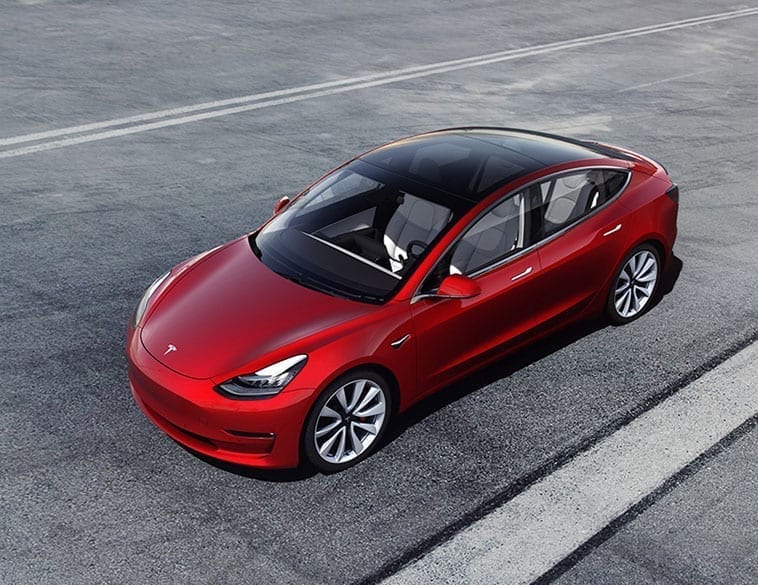Future mobility technologies that automakers seek to popularize are not quite favoured by consumers, according to a J.D. Power study.
As per the findings in the J.D. Power 2019 Q4 Mobility Confidence Index Study released recently, the Mobility Confidence Index for battery-electric vehicles is 55 (on a 100-point scale) for the third consecutive year and 36 for self-driving vehicles.
“Consumer opinion doesn’t change overnight, especially when it comes to new mobility technologies, but the more consumers are exposed to these technologies, the more the needle might gradually move towards acceptance,” said Kristin Kolodge, Executive Director of Driver Interaction & Human Machine Interface Research at J.D. Power. “Right now, they simply don’t know enough to fully put their trust in these systems.”
J.D. Power’s quarterly study plans to include feedback obtained from Canadian respondents in 2020. The study takes the pulse of consumers and industry experts to gauge the market readiness and acceptance for battery-electric vehicles and self-driving cars. Reactions and sentiments of the people are divided into three categories—low (0-40), neutral (41-60) and positive (61-100).
Conducted with the help of global survey software company SurveyMonkey, over 6,000 consumers and industry experts were polled about self-driving vehicles and over 5,000 for battery-electric vehicles for the study.
The key findings regarding self-driving vehicles are:
- Mobility Confidence Index remains low for self-driving vehicles with an overall score of 36 for the third consecutive quarter.
- There is a lack of consensus on the potential traffic safety improvements. The majority (59%) of those who believe to have good knowledge about self-driving technology say traffic safety will be better, while 55% with no knowledge about it believe it will be worse.
- Purchase consideration is impacted by knowledge about self-driving vehicles. Only 11% of the respondents said that they were “extremely likely” to purchase or lease a self-driving vehicle.
“Knowledge is power,” explained Kolodge. “There is an association between self-reported knowledge level of self-driving vehicles and likelihood to purchase. Undoubtedly, it is critical for consumers to gain experience even through lower levels of automation.”
The key findings regarding battery-electric vehicles are:
- Mobility Confidence Index remains neutral for battery-electric vehicles with an overall score of 55 for a third straight quarter.
- Industry experts believe that prospects for battery-electric vehicles are improving, especially in the last three months.
“For automakers it is critical that the coming wave of new products stimulates new consumer demand,” noted Kolodge. “Otherwise, too many products will continue to chase too few customers, which will be financially disastrous for many automakers.”
“This data should be alarming to automakers, who have work to do in informing and persuading consumers to accept self-driving vehicles,” said Jon Cohen, Chief Research Officer at SurveyMonkey. “Only 32% of consumers say they know a great deal or a fair amount about self-driving vehicles. And only 18% say they are extremely or very comfortable riding in a self-driving vehicle. The same percentage say they are extremely or very comfortable being on the road with others using self-driving vehicles.”



